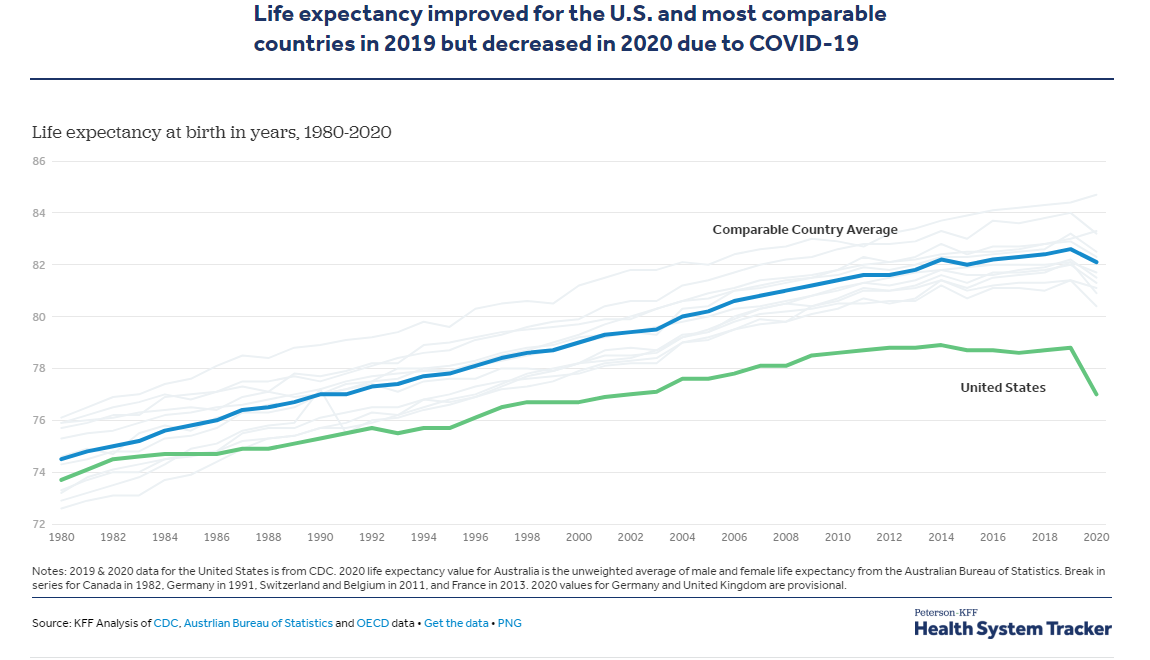
Raise your hand if you know someone who has gone on a diet at some point in their life (Yes, you can include yourself – I won’t tell anybody).
Hmmm! Most everybody. Thanks for participating.
Now, leave your hand up if that/those individual(s) stayed with it and adopted a change in their way of life.
Go ahead – I’ll wait.
Yo! Where did everybody go?
$71 billion a year spent on diets –
– and growing.
Yep, you read that right. That’s about the same as we spend on pets and lottery tickets, equally questionable outlays (Please, don’t turn me into the SPCA – I love dogs and have had several. I also love that I don’t have one at this stage of my life.)
That diet number is easy to understand since, as a population, we are doing a marvelous job of carrying around major excess weight.
According to this article/video by CNBC, 45 million Americans go on weight loss programs every year. The article states:
“If you’ve told yourself, ‘this is the year I’m going to lose the weight,’ you’re not alone. Each year 45 million people in the United States go on weight loss programs and there’s no shortage of options— from tailored meal plans like Slim Fast and Nutrisystem to high fat, no carb, gluten-free models like Keto and Paleo. Diet and weight loss have grown to be a $71 billion industry, yet according to studies— 95% of diets fail. Here’s how the diet industry grew to be a multi billion-dollar machine.”
Consider this: the average American woman today weighs the same as the average American male in 1960 and the average American male today is 32 pounds heavier than in 1960 – and neither gender has gotten any taller.


Oh, and by the way – genetics don’t change across a 60 year span. Just sayin’.
How many of those 45 million do you suppose are “repeat customers?”
I don’t have stats, but am comfortable in saying it’s a big percentage. Moving on to the next “fad” diet until they find something that sticks. Except, it doesn’t stick.
We’re suckers for the “new” and the diet industry knows it.
WebMD weighs in with this article about the diet scams. It’s an article that could be written every year with a new set of scams.
Once again, the Greeks had it right.
I was reminded this morning in a LinkedIn post by Dan Go, a very unselfish personal trainer who posts a lot of solid, simple tips for healthy living, that the word diet is derived from the Greek work “diaita” which means: “way of living, way of life, mode of life, lifestyle.”
In our haste and enculturated desire for immediate or short-term results, we’ve distorted the true meaning of the word into becoming an outcome, an event, a project, or a means to an end. Old habits creep back in, the industry thrives, the repeat customers repeat, and lifestyles don’t change.
It’s a gloriously profitable business to be in, largely unregulated and loaded with clever marketers and profiteers.
When will we ever learn?
Unfortunately, it usually takes a calamity to affect a sustained lifestyle change. And sometimes even a calamity isn’t enough. I’m reminded that a sibling continued to smoke for years after being diagnosed with advanced COPD.
One could argue that America is creeping up on a calamity in terms of our general population health. Chip Conley, in one of his daily newsletters this week, unveiled a new study showing the longevity freefall that we are experiencing in American compared to other developed countries:

Conley points out that we –
“- see how one of the wealthiest countries in the world (and the one that spends the most per capita on health care costs) has a full-blown system failure with longevity in freefall, and all at a time when the rest of the world is seeing a post-pandemic recovery.”
I understand – there’s a lot to that downturn. We don’t have universal health care where the other countries do; we have more guns and gun deaths than any country; we have more opioid deaths than any other country; we own more cars, drive more, and die more in traffic that other countries. But the consequences of poor diet still remain the largest cause of premature death in the U.S.
We know something is wrong when we spend $70 billion a year on diets. Yet, we can’t seem to convert that investment into a lifestyle change.
Confession – I’m your poster boy!
At least, sorta.
My bride and I are pretty disciplined about eating the right things.
I’ve stuck to a 16:8 intermittent fast plan religiously for several years now. I exercise seven days a week, three of those 2 1/2 hours of aggressive strength training combined with aerobic.
Yet, my weight creeped up a couple of pounds last quarter. My BMI at 5′ 11″ and 190 pounds (26+) puts me in the overweight category. It’s largely a useless number since it doesn’t distinguish visceral fat (the bad kind) from non-visceral fat. Fortunately, my visceral fat level is in a lower, safer range.
But it also went up a tick last quarter despite increased exercise.
Believe me, I have no business weighting 190 pounds. Just ask my knees and feet!
So I guess I need a diet!
Nope. I need a lifestyle change.
You see, I have a condition and a habit problem.
My condition is an underactive thyroid (hypothyroidism). Weight gain is a symptom of hypothyroidism – easy to put on, hard to take off.
The bigger problem is a habit – one called portion control.
I easily eat 25-30% more than I need for someone my age and size. If I didn’t have the exercise regimen to offset this affliction, well, you can do the math.
Nothing wrong with the composition of the diet, with exception of a tad too much starch.
The problem is all between my temples.
A weight-loss lifestyle change – not a diet.
I’m committing – publicly – to dropping 15 pounds over the next 90 days. My feet and left knee are demanding it.
Solution: one-third less on the plate, fork down after every bite, reduce the starch, and, perhaps, add one full day of fast to the 16:8.
Seem pretty simple, right? We’ll see.
I thought about giving it a name and going public with it for a mere $399. I could find a few suckers out there, don’t ya think?
But I’ve got enough hypocrisy going to stoop to that.
Thanks for reading. Any thoughts? Leave them here with a comment.
























